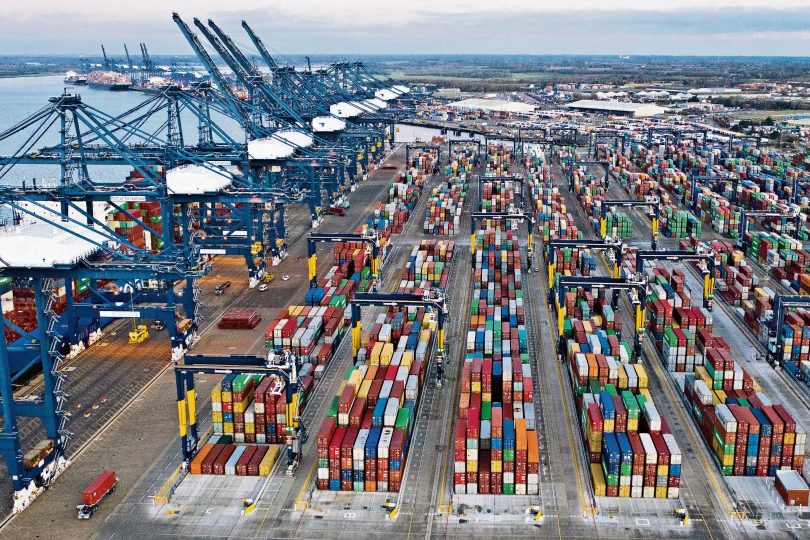[ad_1]
LONDON : Global maritime research consultancy Drewry reports that labour disputes and port workers’ strikes worldwide will continue to cause severe disruptions in container ports, several of which face heavy congestion challenges.
“Fast rising cost of living crisis to precipitate more labour disputes across developed markets as dock workers seek to make up for rampaging price inflation, heaping more disruption on congested ports,” said Eleanor Hadland, Drewry’s senior analyst of ports and terminals sector.
We have already seen strike actions in the United Kingdom and Germany cause major disruptions to carrier schedules and impact ports’ performance. Similarly, out of Europe, industrial action at South Africa’s ports and rail operator Transnet is set to cause operational difficulties.
Drewry noted that container shipping firms are trying to divert their vessels away from the impacted ports and terminals to minimise schedule disruptions.
Drewry’s analysis shows a significant increase in pre-berth waiting time, especially in Hamburg, where larger mainline vessels incurred an average four-day wait to enter the port in July and August.
Drewry went on to point out that while agreement with the unions has now been reached in Germany, labour availability – particularly at weekends – remains challenging, yard occupancy remains high and this is impacting productivity, resulting in extended call durations.
In the UK, cargo handling operations at Felixstowe also remain disrupted, due to the backlog created by eight-day walkouts by dock labour in both late August and late September / early October. Additionally, strike action at Liverpool is further adding to shipper woes.
As a result, Drewry expects disruption to continue through the last quarter of the year.
Drewry’s analyst Eleanor Hadland said that rising inflation increases the likelihood of strike action in other markets as dock labour push for higher wages to address the increasing cost of living.
She mentioned, for example, the risk for potential disruption on the United States West Coast as labour contract negotiations between the International Longshore and Warehouse Union (ILWU) and employer body the Pacific Maritime Association (PMA) have not come to an agreement yet.
“Whether terminal operators will be able to pass higher wage costs back to customers at the end of the year remains to be seen,” Hadland concluded.
[ad_2]
Source link








